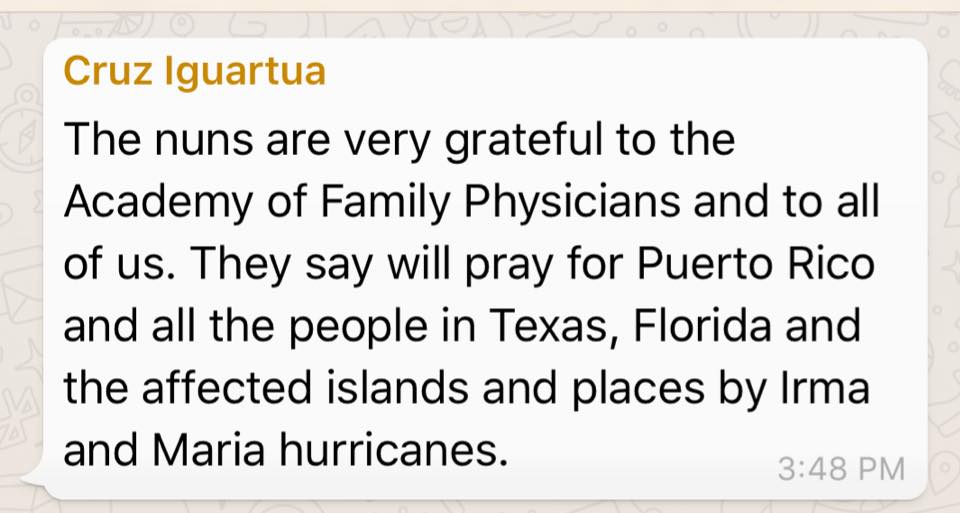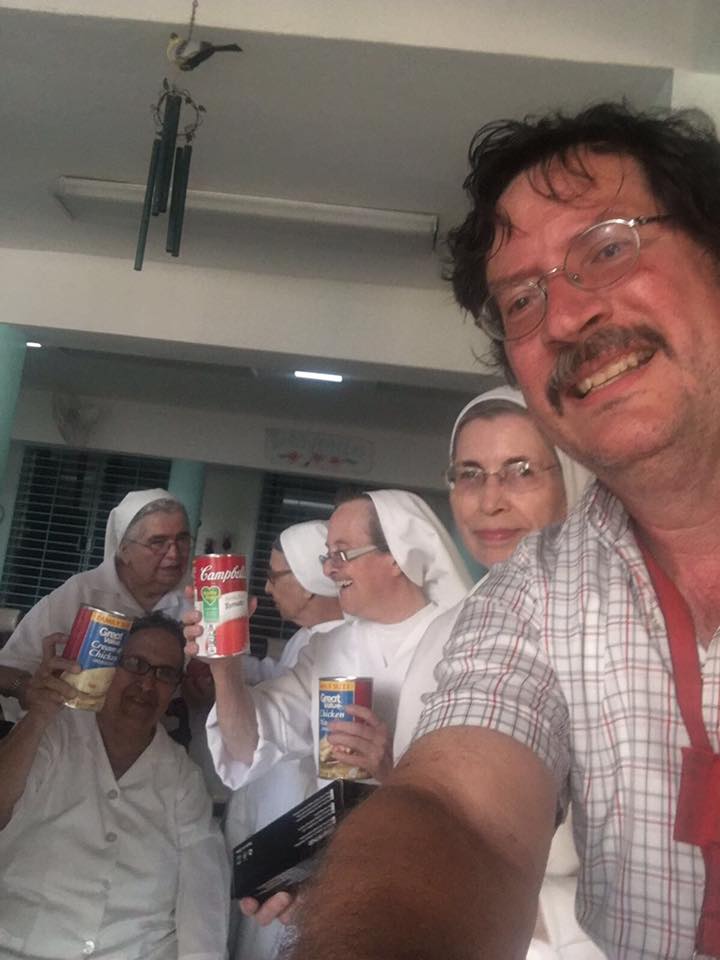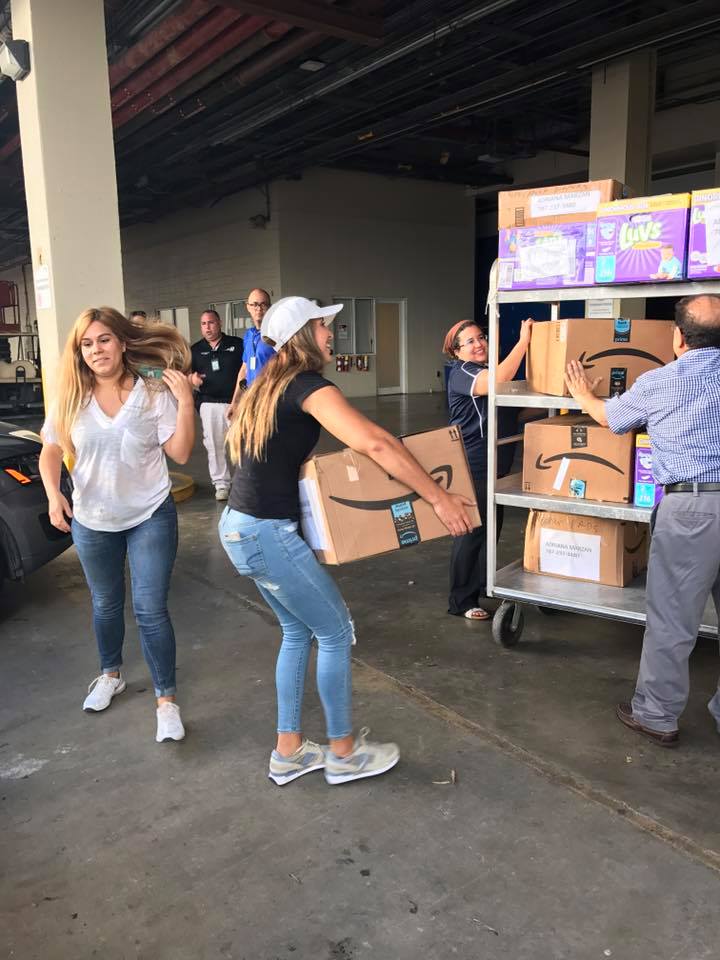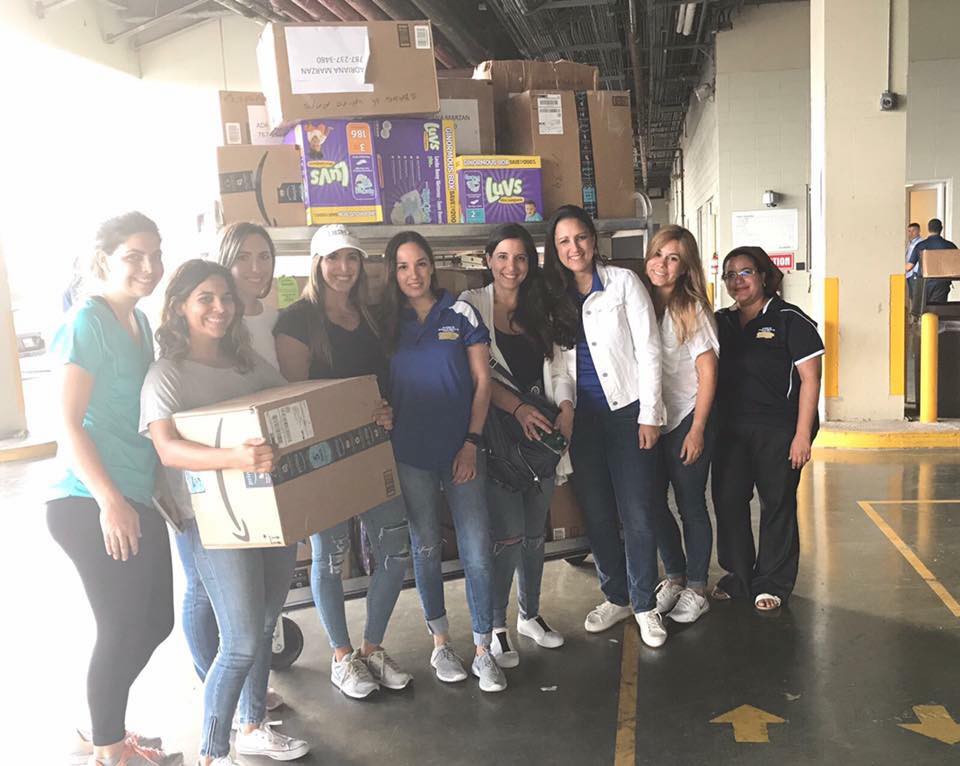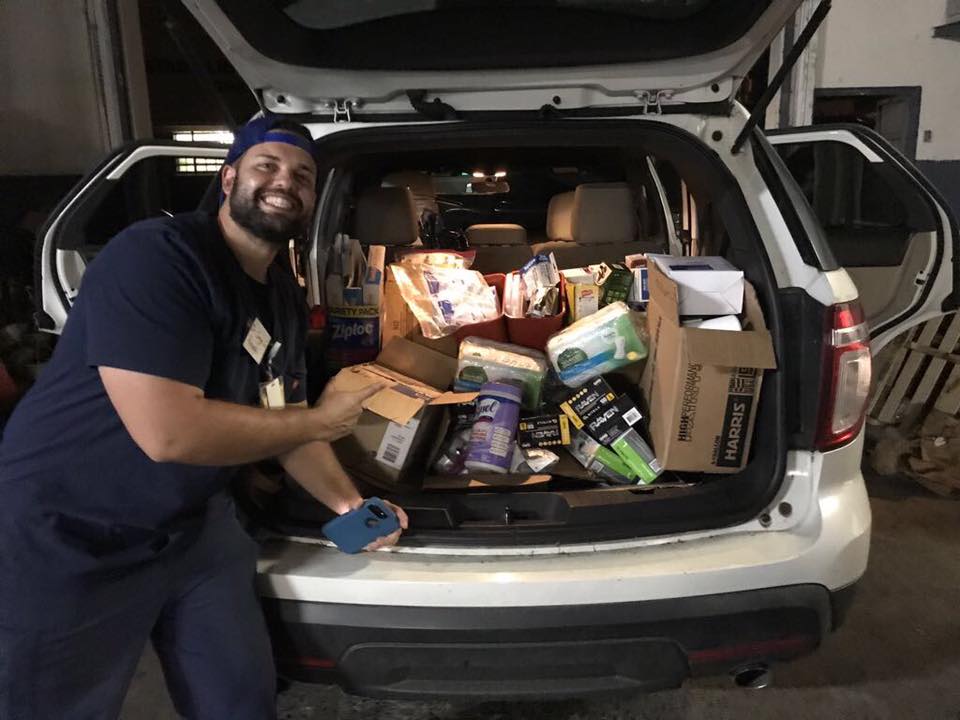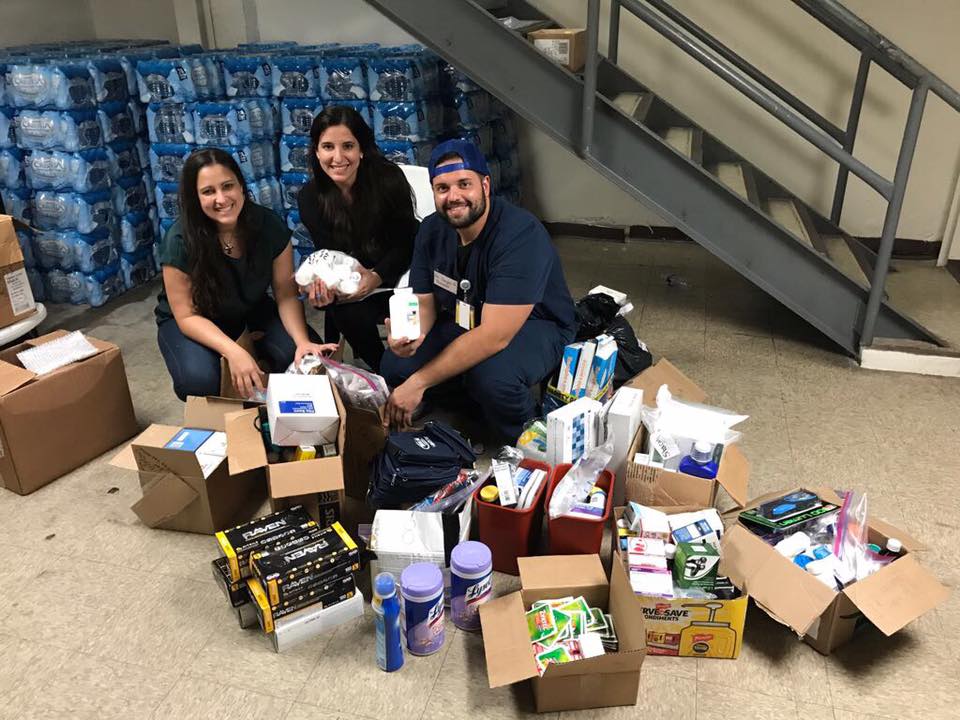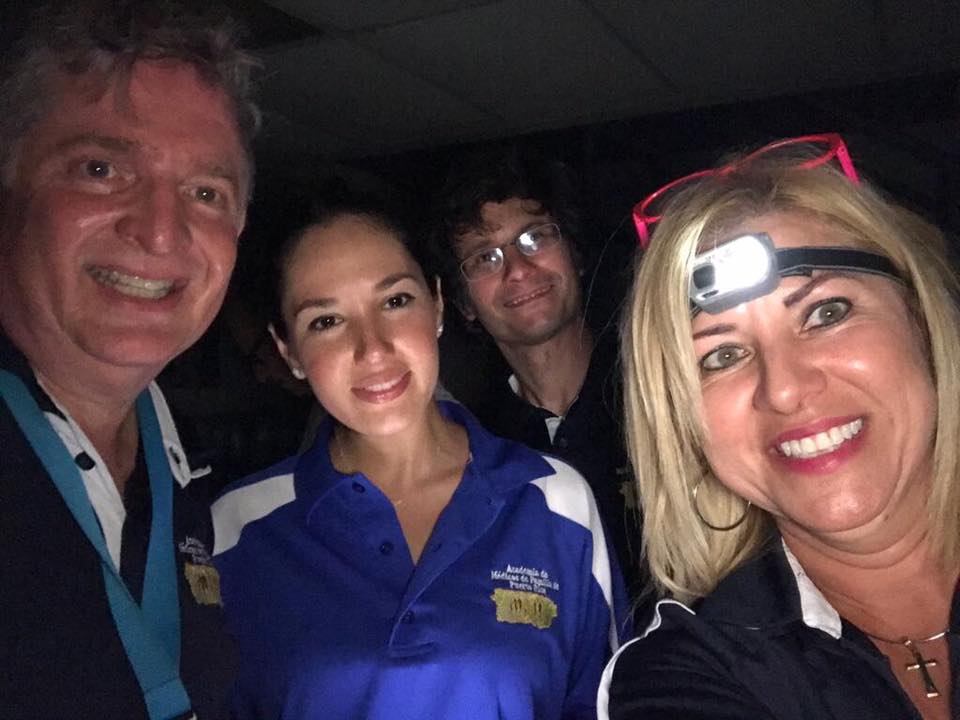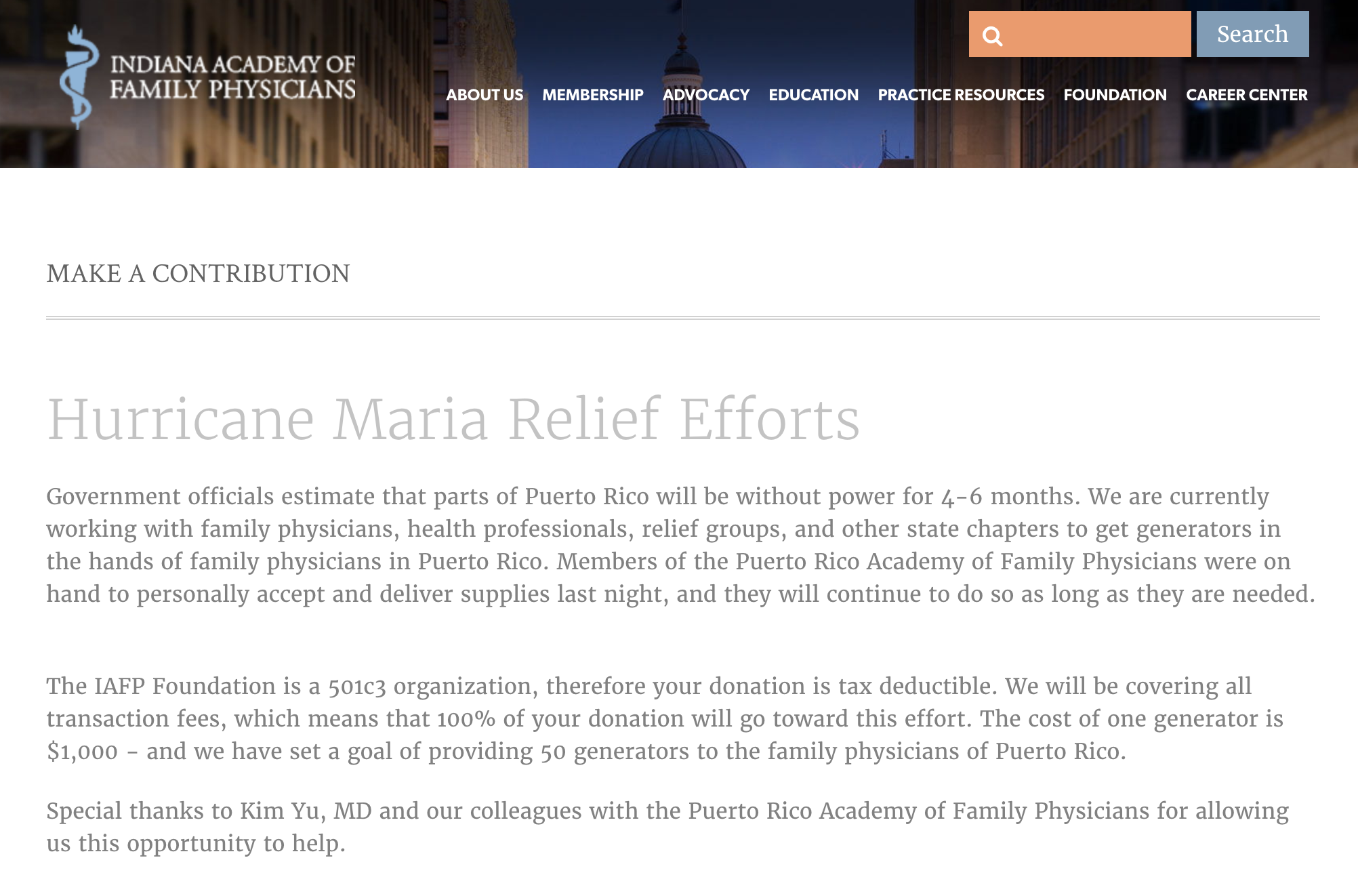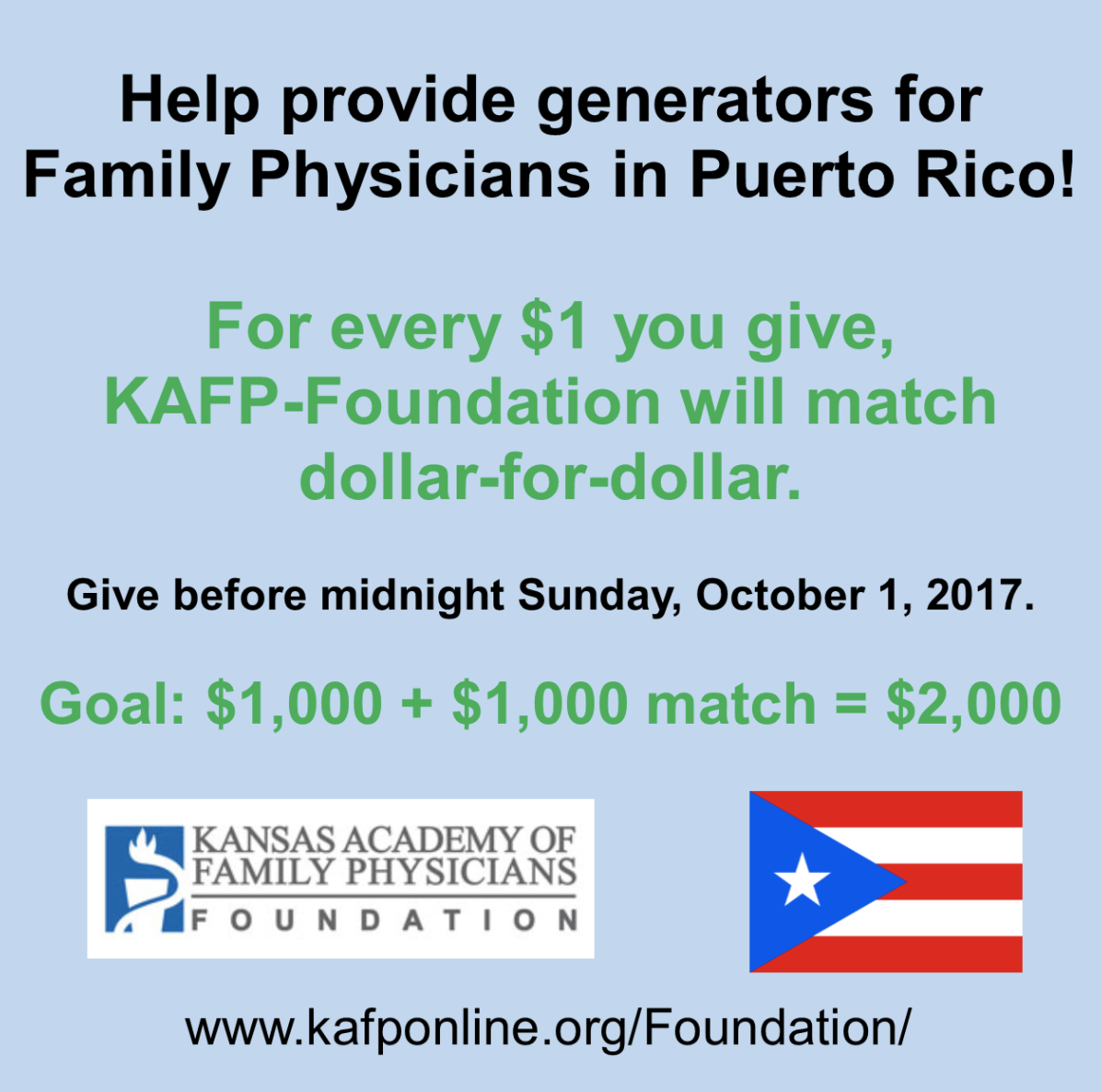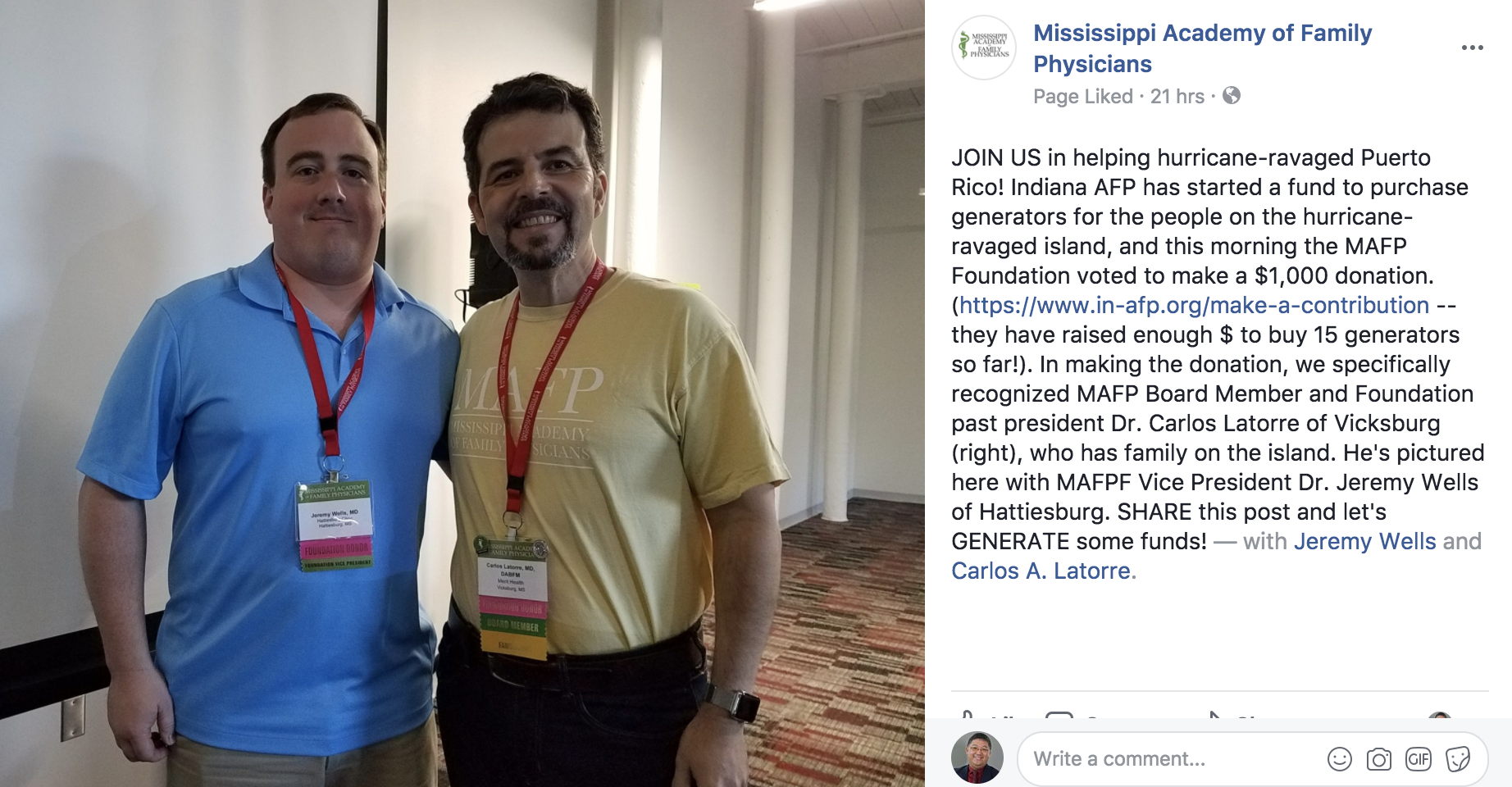Flu Season 2018 Not Done Yet
- 84 Pediatric Deaths Nationwide
- More than 10,000 Ohio Hospitalizations
- Watch for Rebound Flu
- Flu shot 60% effective in kids; 36% Overall
- Never Too Late For Flu Shot
Flu Season 2017-18 has been very unique. And, while there have been many articles starting to trickle out saying that the current Influenza season may be leveling off, I don't believe it. I can share anecdotally, that our office is still getting positive influenza tests in our office. And, I've heard that in other facilities as well, presuming that your facility has not run out of flu tests.
According to the Centers for Disease Control, there has been 84 pediatric deaths nationwide this flu season, as of their February 10th report. In addition, according to the Ohio Department of Health, there have been more than 10,000 Ohio hospitalizations secondary to influenza this flu season, including 233 hospitalizations in Mahoning County, as of their February 10th report.
What is "Rebound Flu?" This is a term that I've seen in main stream press articles. What this means is that a person gets initially infected with influenza, and sometimes the person doesn't seek medical attention, and the person gets better on their own. The danger is that they get sick again, and they are worse. Many people ignore these symptoms, and this is where they get in trouble, especially those with chronic medical conditions like chronic heart problems, chronic lung problems, etc. Unfortunately, many of these people end up in the hospital, and sometimes worse.
Bottom Line: This year's influenza (flu) season will go on longer that in past years. Some, like me, believe that flu season will extend into March, and maybe even the beginning of April. So, if you're not feeling better, please, please, please see your doctor to be evaluated and/or re-evaluated. And, finally, it's still not too late to get your flu shot. Current numbers show that the flu shot is even better in children, approaching 60% effectiveness in kids, and 36% overall.










